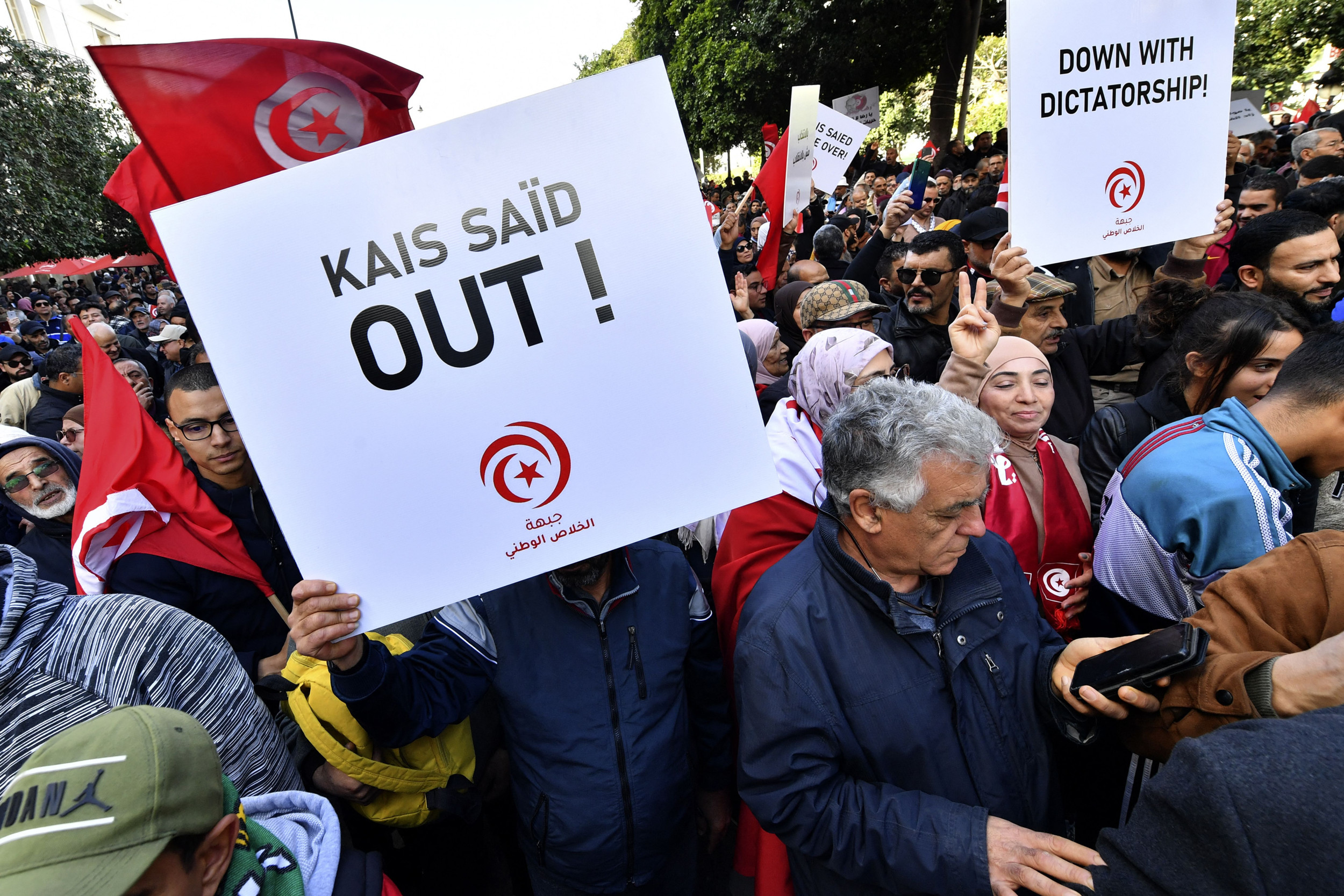The Facts
Tunisian President Kais Saied on Thursday suggested taxing the country's wealthiest citizens to enable Tunisia to avoid another loan from the International Monetary Fund (IMF) — avoiding what he has called "foreign diktats."
He promoted the idea of “taking surplus money from the rich to give to the poor" — citing a quote attributed to Islam’s second caliph Omar Ibn Al-Khattab — in a meeting with Prime Minister Najla Bouden.
The Spin
Establishment-critical narrative
Saied’s decision to reject the IMF’s nearly $2B bailout deal was a difficult, yet correct decision. Tunisia has been down this road before, having already agreed to two nine-figure bailouts in the past 10 years. Neither of those loans did anything to strengthen Tunisia’s long-term economic outlook, and it's unlikely that three times is a charm. The IMF’s offer also has many strings attached that could disrupt the structure of Tunisia’s institutions. While it is always tempting to take large sums of money from international bodies, Tunisia resisted the IMF to bolster its domestic well-being.
Pro-establishment narrative
While Tunisia is mired in a decade-long economic crisis, Saied is too stubborn to accept a lifeline from the IMF. As debt consumes Tunisia and inflation makes the cost of living unbearable, there are few viable paths to economic viability. Saied may have some theoretical ideas of how to get out of this predicament without international help, but he has no coherent plan. Tunisia doesn’t have the time or money to fix its problems without the IMF, and the Tunisian people will not accept the continued economic calamity.


